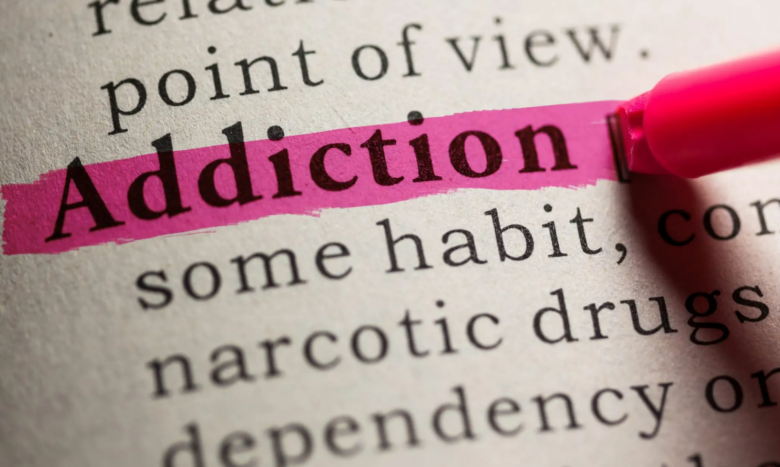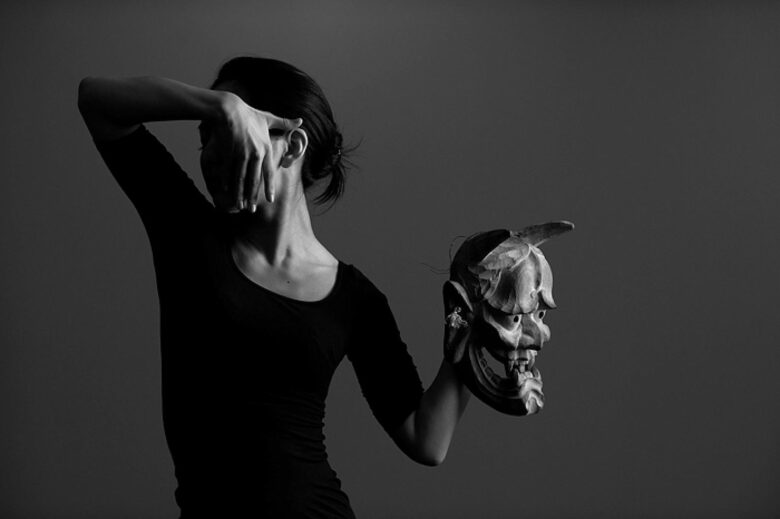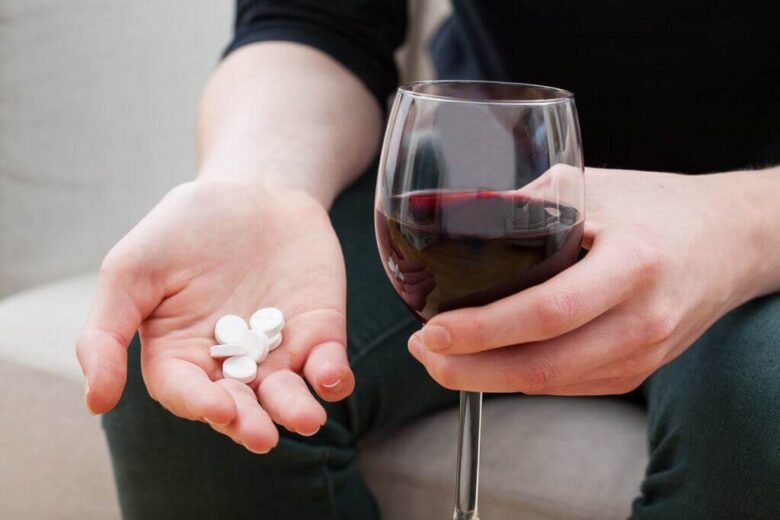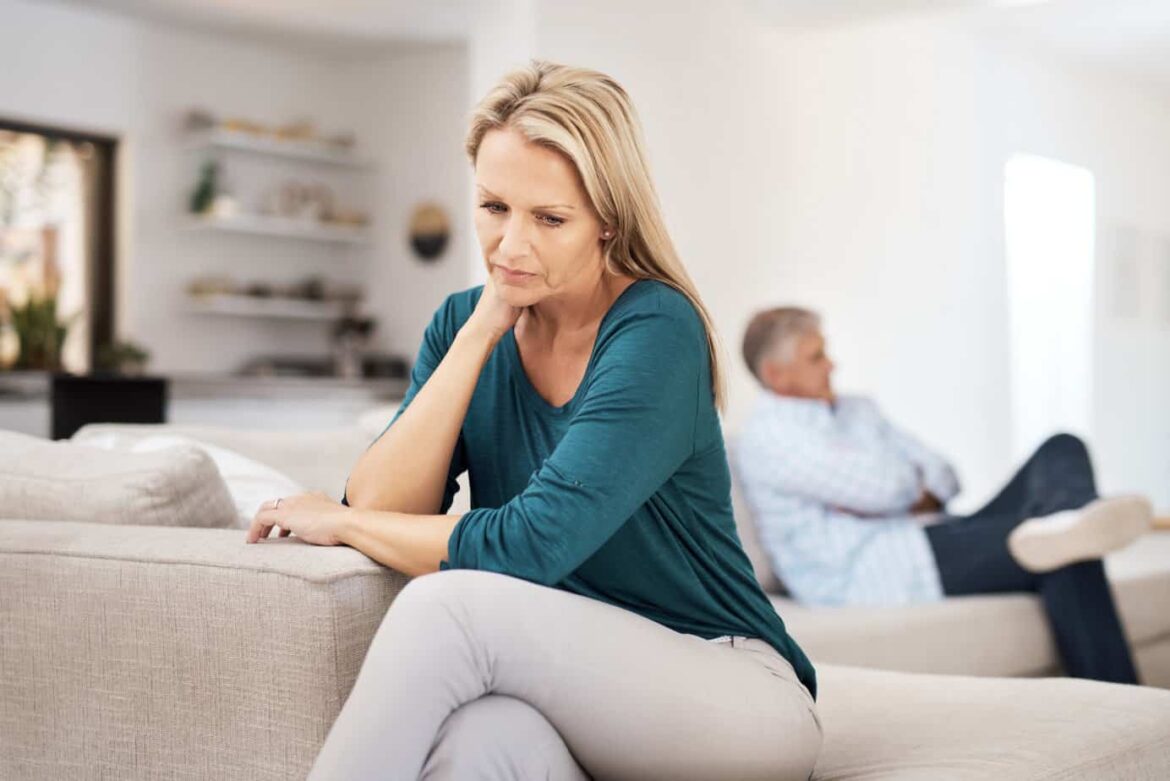As a partner in a relatiHelping onship, you’d do anything for them. In the good times and the bad. Addiction certainly falls into the latter and it can be a troubling time not just for your partner suffering from addiction, but also for yourself and the relationship as a whole.
Of course, getting help is what every partner wants for their loved one struggling and standing side-by-side with them can be crucial in aiding that recovery. However, when it comes to an addicted partner, whether it be drugs, alcohol or any other form, there are some real dos and don’ts…
The Dos

img source: clearrecoverycenter.com
We’ll start with the dos as these can be instrumental in getting your partner the help they need.
Seek help and find options for them
Firstly, you should help do the research for them. When intoxicated and suffering, clear thinking is secondary so it can be a good thing for you to do the heavy lifting when it comes to finding the right drug or alcohol treatment programs and counseling.
The options are endless these days, with different rehab centres having different specialisms. For example, Liberty House in Bedfordshire offers more standard practices alongside music therapy, where others may have a specialism in family therapy or even equine therapy. It’s all about finding the right process for a partner, and that takes research.
That may involve detoxing at home, of which it’s important that you aid with every step of the way. Withdrawal can be incredibly difficult and come with a number of health risks too, so being there and demonstrating support can really help them get through it.
Learn About Addiction

img source: delamere.com
One of the first things you should do is learn about addiction. Doing your research will help you be more prepared for certain effects and events that may occur due to your partner’s addiction, as well as give you the best insight on how to deal with various aspects of it.
You’ll understand in more detail the main reasons why they are behaving in a certain way, and this will allow you to be more supportive at the different stages.
Offer support throughout
Naturally, offering your support throughout the entire treatment process and into recovery is also important as it will further encourage them to continue with the process and they will see the benefit of what it is achieving. What’s more, it can be useful to bring in other loved ones into the support group that can also offer the same kind of love and encouragement.
Take care of yourself

img source: patientpop.com
The whole process will take its toll on you too. Supporting someone through such a cruel condition isn’t easy and your own mental and physical health will need looking after as you devote your attention to your partner.
Taking care of yourself is just as important, so know your limits and also find your own support bubble that you can lean on.
Be patient
Addiction isn’t cured overnight. In fact, it’s never cured and patience is incredibly important. There will be struggles, there may be points where they are close to or do relapse. It can take time for recovery to work and find the right path for them. It isn’t easy.
Being patient through those troubling times and your partner seeing that you are calm will encourage them to keep trying and the end goal will certainly be worth it.
The Don’ts

img source: irishnews.com
Throughout your partner’s addiction, there are also many don’ts too, if anything can only hinder their relationship with what they’re addicted to, and your relationship as a whole.
Lie for your partner
Lying for a partner is commonplace when someone is addicted to something, from making excuses for no-shows or their behavior, to not doing a job, favour or undergoing certain tasks due to their addiction. Your partner needs to take responsibility for their actions in order to fully understand the problem their addiction is causing.
Be judgemental

img source: identity-mag.com
It’s very easy to judge or look down on someone that is suffering from addiction. However, it is a disease and blaming them won’t help matters it will just cause friction in which they will then be less likely to get the help they need and continue on with the path they are walking down.
Blame yourself
Equally, blaming yourself won’t help either. It’s not your fault they struggle with addiction. There are many factors that fuel someone’s addiction from genes to social circumstances and surroundings as well as various types of stress. That could well be partly the relationship you have, but it is their decision to take drugs or drink, not yours. Everyone is in control of their own behaviour so you really mustn’t blame yourself.
Use drugs or alcohol to keep them company

img source: alcoholrehabguide.org
Just because they’re spending their weekend drinking, that doesn’t mean you have to. Nor should you. Essentially that’s just facilitating their addiction and it can even lead to you falling into the path of addiction too.
Avoid the issue
Avoiding the problem is perhaps the easiest thing to do, but it can also be the worst. Ultimately, avoiding a partner’s problem with alcohol or drugs is shortening their lives by the day. Take action, after all you want the best for them, you want the best version of them and you want that for as long as possible.
Or expect things to go back to normal

img source: rightstep.com
Should your partner enter recovery, your relationship won’t be the way it was before your partner’s addiction or during their addiction. Take of that what you will. Rehab can be a life-changing experience, and you can look to embrace that. Your partner will be required to live a different lifestyle and that will put your relationship on a different footing.
That can certainly be a better one, and one in which trust can be regained as well as priorities being put on the right things – each other.
Your partner will have to live differently, from their diet to their routine, as well as potentially finding new hobbies, activities and more. That will ultimately change your own lifestyle too, and you may have to make sacrifices along the way as well. They will always need support with their recovery and if you’ve got that far, you can certainly go all the way together…

